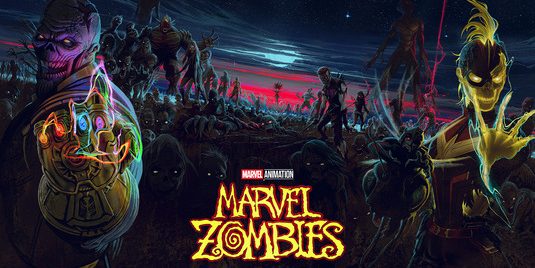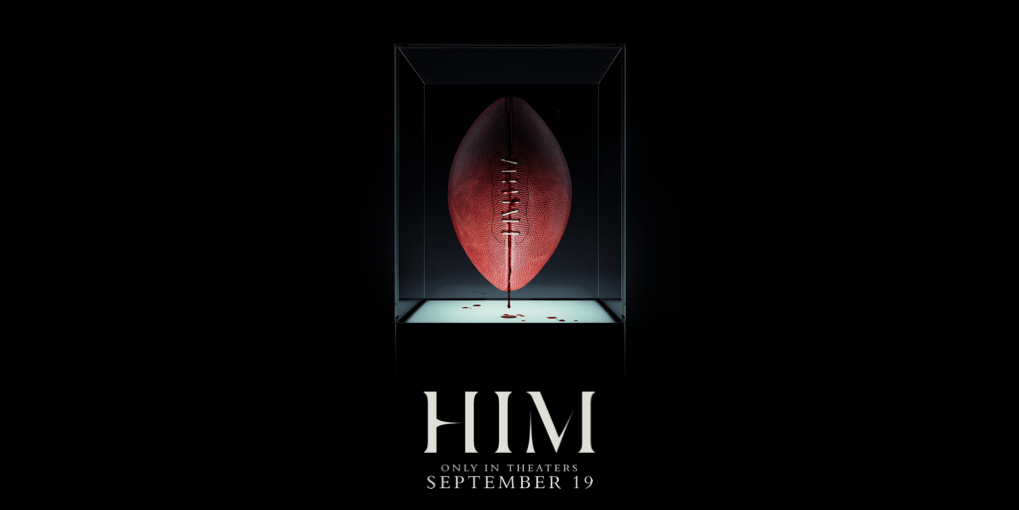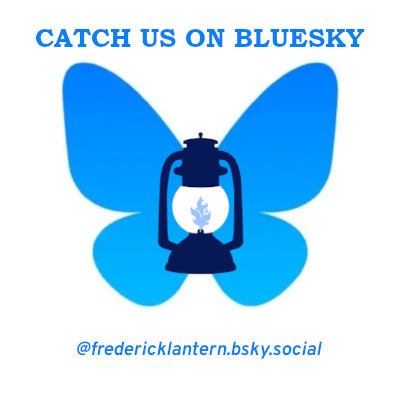Olivia Rodrigo’s Not-So-Sour Debut
Photo courtesy of Sony Music Publishing
This is the album cover for Olivia Rodrigo’s first album, SOUR. SOUR focuses on highlighting the challenges that Olivia Rodrigo experienced during her teenage years regarding mental and social health. This album is not recommended for everyone, since some audiences may have a more difficult time understanding the message being covered in each song.
August 17, 2021
SOUR is Olivia Rodrigo’s first album released following the enormous success of her first single, “Driver’s License,” which was released on January 8th, 2021, and has amassed over a billion listens on Spotify. The album was released on May 21st, 2021 by the Sony Music Publishing company, and the songs in this album are additions to “Driver’s License.” This album is worth the listen for anyone who enjoyed Olivia Rodrigo’s song “Driver’s License,” but is not for everyone.
With a total of 11 songs, SOUR is 34 minutes and 46 seconds long. SOUR is a pop album and mainly focuses on Olivia Rodrigo’s experiences during her teenage years that range from relationship issues to struggles that she faced with her social and emotional health. The tempo of each song reflects the mood that Rodrigo is trying to send to the listener. Many songs in the album include the use of profanity to add meaning and emphasis to the message that she is trying to share throughout each song.
To properly convey her feelings and tell her stories about her teenage years, portions of the songs in Rodrigo’s album have a much faster tempo, which helps the listener better understand some of the angst that she experienced in the past. For example, in her song “Brutal,” you can hear the tempo increase as she expresses some of the challenges that she endured in her teenage years, and some of the social and emotional struggles that she fears that she will experience after her years of being a teenager are over.
On the other hand, songs like “1 Step Forward, 3 Steps Back,” use a slower tempo to tell the stories of some of the more sorrowful moments that she has experienced. In this song, she expresses her feelings about a relationship she was in, where her attempts to strengthen the relationship were unnoticed and unappreciated by her boyfriend, which left her feeling sad and hopeless.
Overall, the choices that Rodrigo made when creating this album allow listeners to understand many of the challenges she has faced with her social and emotional health. Her choice to alter the tempo in her songs to convey her feelings was impactful. For example, in her song “Driver’s License” she sang, “Guess you didn’t mean what you wrote in that song about me / ‘Cause you said forever, now I drive alone past your street.” The tempo increases dramatically when she sings these lyrics since she is expressing feelings of angst that she is feeling about a previous relationship. Another example of this is in her song “Happier,” where she sang, “I hope you’re happy, but not like how you were with me / I’m selfish, I know, I can’t let you go.” “Happier” uses a slower tempo to help the audience better understand the sorrow that she was feeling after breaking up with her boyfriend. Lastly, an example of a song using a faster tempo is “Deja Vu,” where Rodrigo sings, “bet she’s braggin’ to all her friends, sayin’ you’re so unique, hmm.” This song uses a faster tempo to convey to the audience the frustration she was feeling about her ex-boyfriend treating his new partner the same way that he treated her. Throughout the album, Rodrigo sang about topics that many listeners can relate to, which may help them get through some challenges that they may be experiencing.
All in all, I would recommend SOUR to anyone who has listened to “Driver’s License” and would like to hear more music from Rodrigo’s debut album. However, it certainly is not for everyone. Some younger audiences may be able to relate to the messages being shared in this album, but older audiences may have a harder time understanding the message of the album.


















































